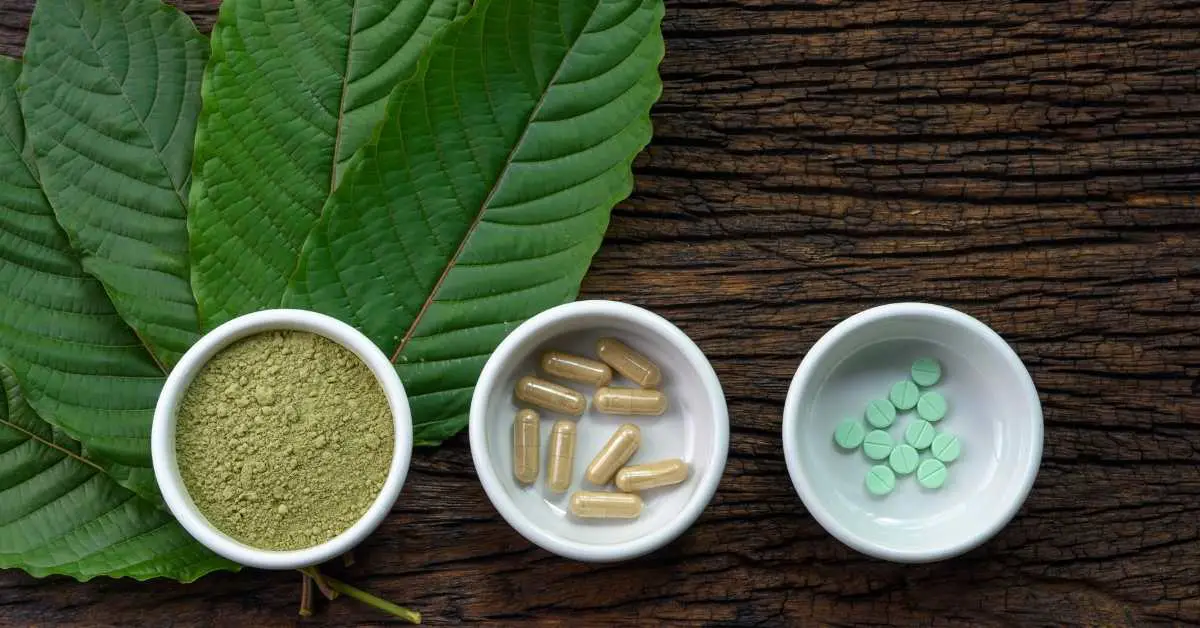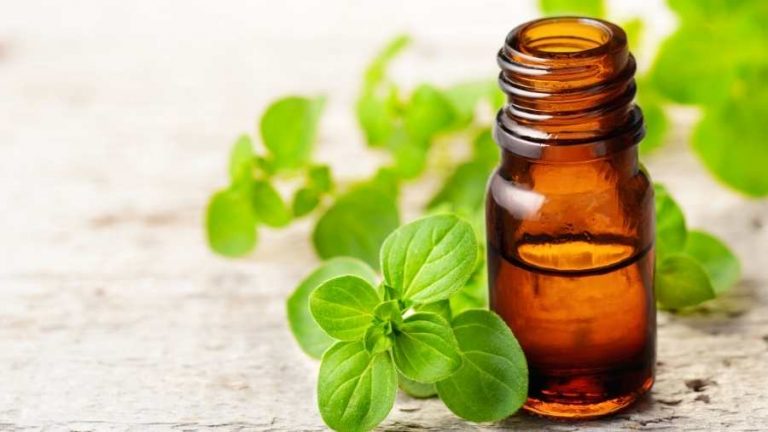Kratom & Asthma – Does Kratom Help Asthma?
For those who have been diagnosed with asthma, you know how scary it can be. Your breathing restricts, your chest is heavy, and worst of all, you are unable to sleep. If you have asthma, you you know there’s no cure, only managing symptoms and living a healthy lifestyle. However, there is good news. Kratom, which is a natural herb, can help you control your asthma according to preliminary research.
Regular readers of this blog will know that I’m always interested in trying new natural remedies that can possibly help with asthma symptoms. This is how I discovered CBD, which has become a linchpin in my daily asthma symptom fighting regime. But now I’ve heard lots of good things from my readers about kratom, including that it helps relieve asthma symptoms. And while I’ve never actually tried it myself (yet), I thought I’d put together a summary of the research I’ve been seeing online.
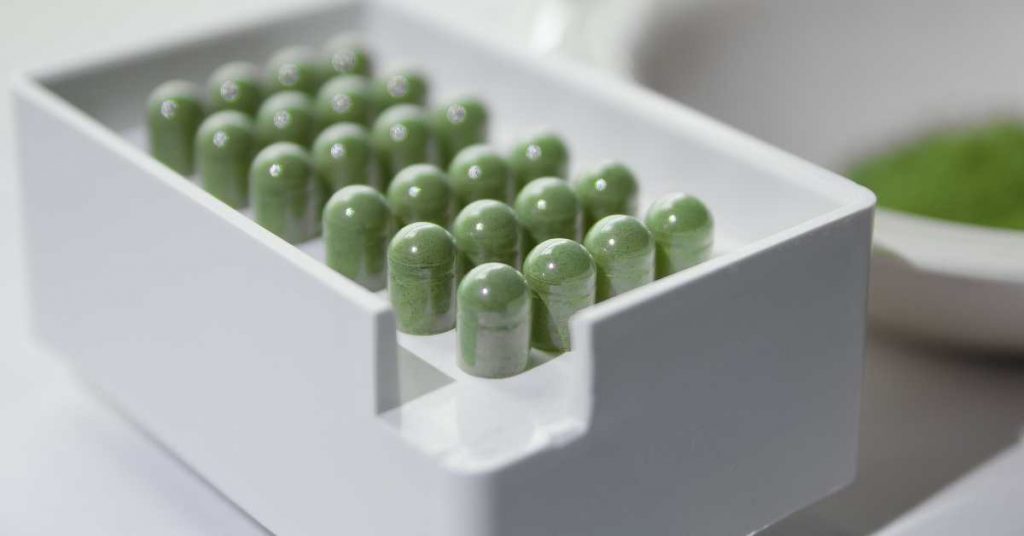
Kratom & Asthma
Kratom is a Southeast Asian tree related to the coffee plant, and has been used for centuries in Asia as a painkiller and a treatment for opioid addiction. More recently, kratom has been used to treat chronic pain, depression, and anxiety. Researchers recently uncovered a new, and potentially valuable, use for kratom: easing asthma symptoms.
Kratom and its alkaloids have been shown to have some very interesting effects for asthmatics. While kratom is sometimes used recreationally, it is primarily used as a painkiller, and it’s actually one of the best natural painkillers out there. People with lung diseases like asthma and cystic fibrosis have found kratom to be an effective treatment for their sore throats and coughs related to the disease as well as aid in bronchodilation.
What is Kratom & how is it used traditionally?
Kratom (Mitragyna speciosa) is a tropical evergreen tree from Southeast Asia and is native to Thailand, Malaysia, Indonesia, Myanmar, and Papua New Guinea. Kratom has been traditionally used for its stimulant, analgesic, and euphoric effects. But many people have used Kratom for it’s energizing effects and for pain relief as well. The potency of these energizing effects depends on the dosage taken, as with any herb or drug.
Kratom can be taken in many different ways. The most common method, traditionally, is by chewing the leaves raw but today it’s often made into an extract and then put into gel caps. Kratom can also be mixed with tea and it is a popular ingredient in snacks and beverages across Southeast Asia.
Kratom, which is also known as Mitragyna Speciosa (MS), has been used to treat asthma and other respiratory problems. Kratom has been used for centuries as a folk medicine as the leaves of this tree contain a variety of therapeutic compounds that have a wide range of effects in the body. The leaves contain over 25 identified compounds, the most important of which are mitragynine and 7-hydroxymitragynine.
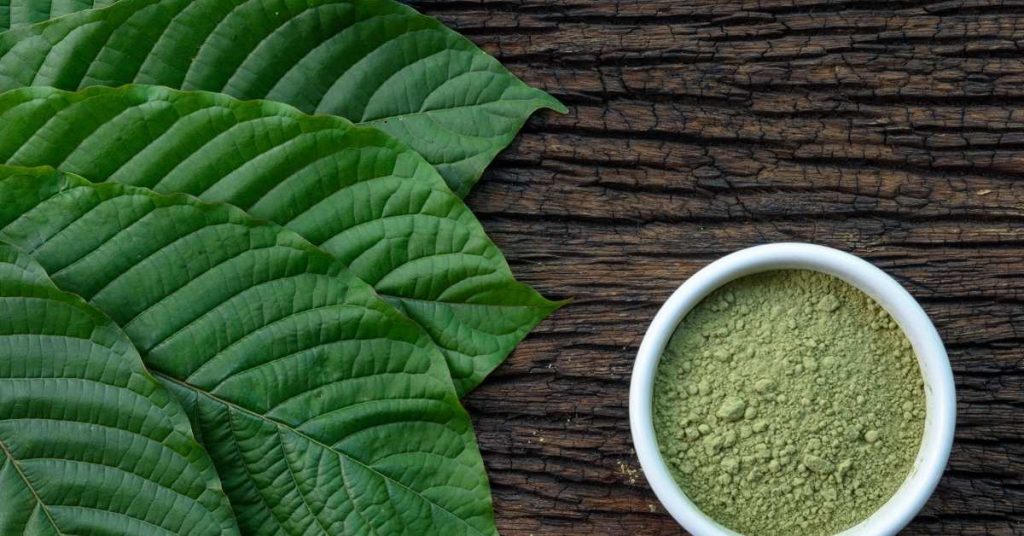
How Kratom Helps Asthma
For the treatment of asthma, kratom isn’t a cure but some claim it can be used to relieve the symptoms, including shortness of breath and tightness of the chest. Kratom acts as a bronchodilator, which is a substance that widens the bronchi and bronchioles in the lungs, to allow easier breathing. Kratom soothes the muscles and relaxes the airways to help remove phlegm and mucus from the lungs. Kratom can also be used in the management of chronic obstructive pulmonary disease (COPD), which includes chronic bronchitis and emphysema.
Kratom has anti-inflammatory properties and is used to treat pain, anxiety, and is sometimes used to reduce the symptoms of cancer. It is also known to help people quit smoking. People who are asthmatic know the struggle of having to use inhalers and other medications to help them breathe. Asthma causes your airways to narrow and swell up, which makes breathing difficult. Kratom is an all-natural treatment for asthma, but it is important to do research and take care in choosing the right kind.
The most common is the use of Kratom to manage pain. It is a very effective analgesic, which can be helpful for treating the pain associated with asthma. Kratom has also been shown to relax the airways, making it easier for a person to breathe.
Which Kratom Strain Is Best For Asthma?
One of the most important factors in determining a strain’s effects is the location where the plants were grown. Different countries have different climates and soil compositions, and so the plants end up with different chemical profiles that determine the compounds in the plant. This is essentially what makes one strain of kratom different from another.
There can be a lot of confusion when it comes to choosing the right strain of kratom for your particular ailment. A lot of factors contribute to choosing the right kratom for you, including your desired effects and potency, as well as the recommended dose. When you are trying to treat your asthma, it is important to find a strain that will have a positive effect on not only your symptoms, but also your overall respiratory health.
But unfortunately, not much is known right now about the effects of specific strains on asthma. So if you do want to give it a try, you’d be advised to figure out what works best for you through trial and error. Some of the common strains available include Bali Kratom and Maeng Da Kratom.
One of my users provided this anecdote regarding dosage:
“I am asthmatic and have used kratom for several years to help with my breathing. I had used every other medication and nothing worked. Kratom was the only thing that helped my breathing. I always have the best of both worlds. The Taste of Kratom: I have tried both the Red and Green Thai strains. The red is very mild and pleasing. It’s almost like having a cup of coffee, but it doesn’t have as much of a jittery feeling. The green is very strong and has the “kratom” feeling (it does have the jitters). I prefer the red when I am just going about my day, but when I want to kick back and relax, the green is the way to go.”
longtime Reader
What Dose Of Kratom Is Best For Asthma?
The best dosage of kratom depends on your own personal preferences. Since kratom is such a potent pain reliever, it can be tempting to take more than a recommended dose. However, this is a dangerous thing to do as your body can only handle a certain amount of kratom.
But unfortunately, this is another question that doesn’t have a concrete answer based on solid research. However, what I’ve gathered is that 1-5 grams is considered a “low” dose. So if I was going to experiement with using kratom, I’d begin with just a few grams. (source)
Some of my users have reached out to me regarding dosage. Here’s what they had to say:
“The red vein kratom is my favorite type of kratom because of the stimulating and euphoric efefcts. For a beginner, I recommend starting with a low dose of red vein kratom, which is 2-3 grams. This is what I did, and I increased the dose after a few days, when the effects become noticeable. If the dose is too high, it can cause gastrointestinal discomfort and nausea, so make sure to pay attention to your body.”
longtime reader
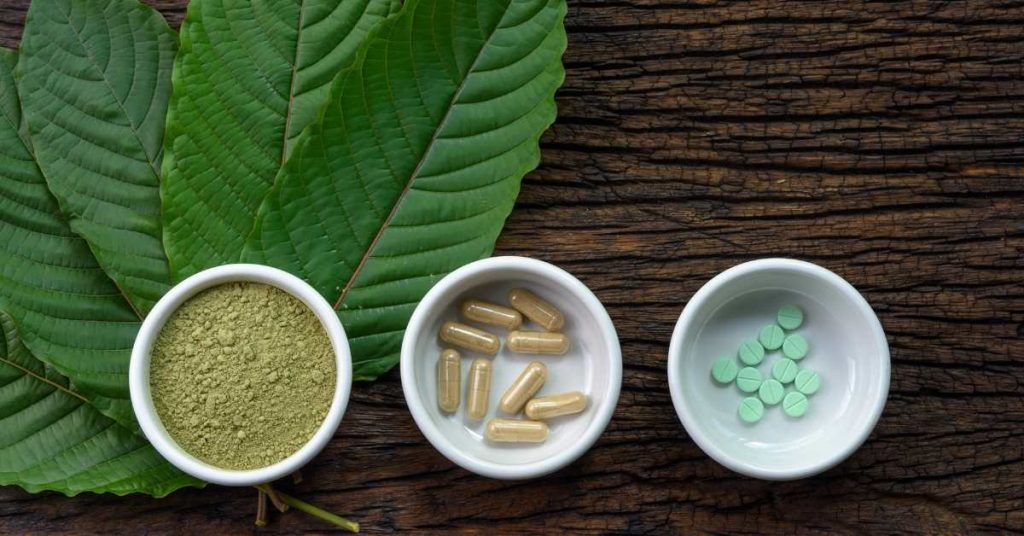
So should you try kratom?
This is ultimately up to you and whether or not it’s legally available for sale in your area. But I think based on the prelimiary research that’s out there, it’s definitely worth a try.
Have you tried kratom? Did you like it, and did it help with your asthma? I’d love to hear about it in the comment section below or on Facebook.

